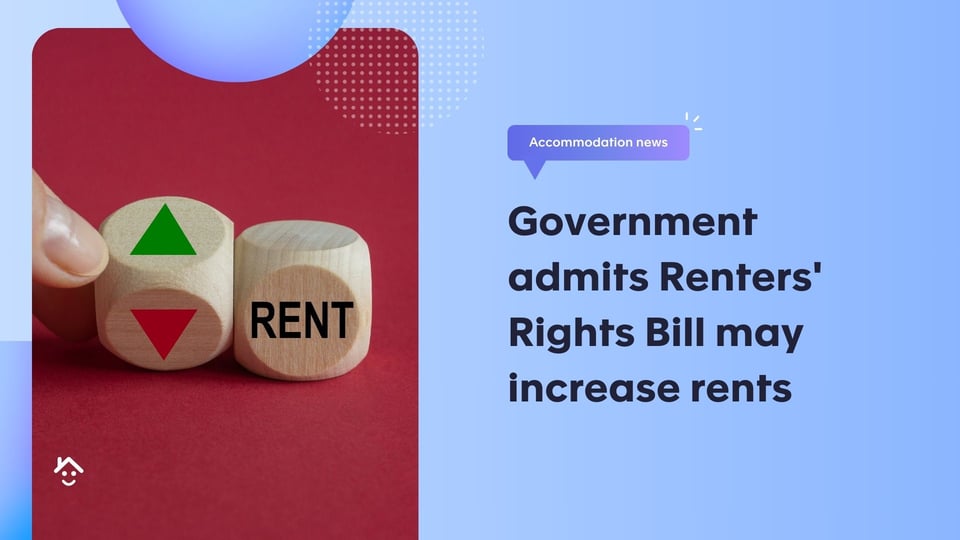Government admits Renters' Rights Bill may increase rents

The Labour government's Renters' Rights Bill, which is designed to enhance tenant protections in the private rented sector, is expected to drive up rents.
That's according to a government impact assessment carried out by Housing Secretary Angela Rayner's Ministry of Housing, Communities and Local Government.
It states: "It is likely that landlords will pass through some costs of new policies to tenants in the form of higher rents – to offset those costs and maintain a degree of profit.
"Landlords will likely offset some of the costs of the regulation through rental price growth."
The assessment adds the Bill's introduction 'is unlikely to have a substantial impact on the supply of privately rented properties'.
But it does go on to acknowledge: "There is a risk that costs from the legislation may result in some landlords leaving the sector."
Landlords value good tenants
A Ministry of Housing, Communities and Local Government spokesman told the Telegraph: “The evidence shows that landlords value good tenants – and are therefore less likely to raise rents for sitting tenants.
"Landlords will also only be able to raise the rent once a year using the existing section 13 process and our reforms will empower tenants to challenge an unfair rent increase at the first-tier tribunal."
The Bill, which is currently progressing through the House of Commons, will abolish Section 21 'no-fault' evictions and curb unreasonable rent hikes.
It will also create a landlord database and prevent 'backdoor evictions' with the use of big rent rises.
An ombudsman will be established for the private rented sector and tenants will be allowed to stay longer in their rented home despite being in arrears since the threshold for repossession will be extended from two to three months of missed rent.
The Bill also includes measures to improve housing standards and prohibit discrimination against tenants with children, pets, or those receiving welfare benefits.
'Cost benefits' to landlords
Dan Cummings, a policy officer at the National Residential Landlords Association (NRLA), said: "We are sceptical of the suggestion that there will be 'cost benefits' to landlords, which will reduce the cost to landlords from a gross of £22 a year to £12.
"This is based on a reduction in letting agents fees due to fewer tenancy changeovers.
"But it's highly likely that agents will seek to recoup these 'lost' fees from landlords in alternative ways."
He adds: "The impact assessment does not predict a mass exodus of landlords from the sector as a result of the changes, the biggest shake up of the private rented sector in more than 30 years, however, there is no robust evidence to back this up."
'Significant challenges for landlords'
Simon Thompson, the managing director of Accommodation for Students, said: "The Renters' Rights Bill, while aiming to create a fairer environment for tenants, presents significant challenges for landlords.
"The government's impact assessment acknowledges that the costs of new regulations will likely be passed on to tenants and increasing rents."
He added: "Like the NRLA, I'm sceptical about the figures being used but at least now there is an acknowledgement that rents will rise because of the Renters' Rights Bill."



